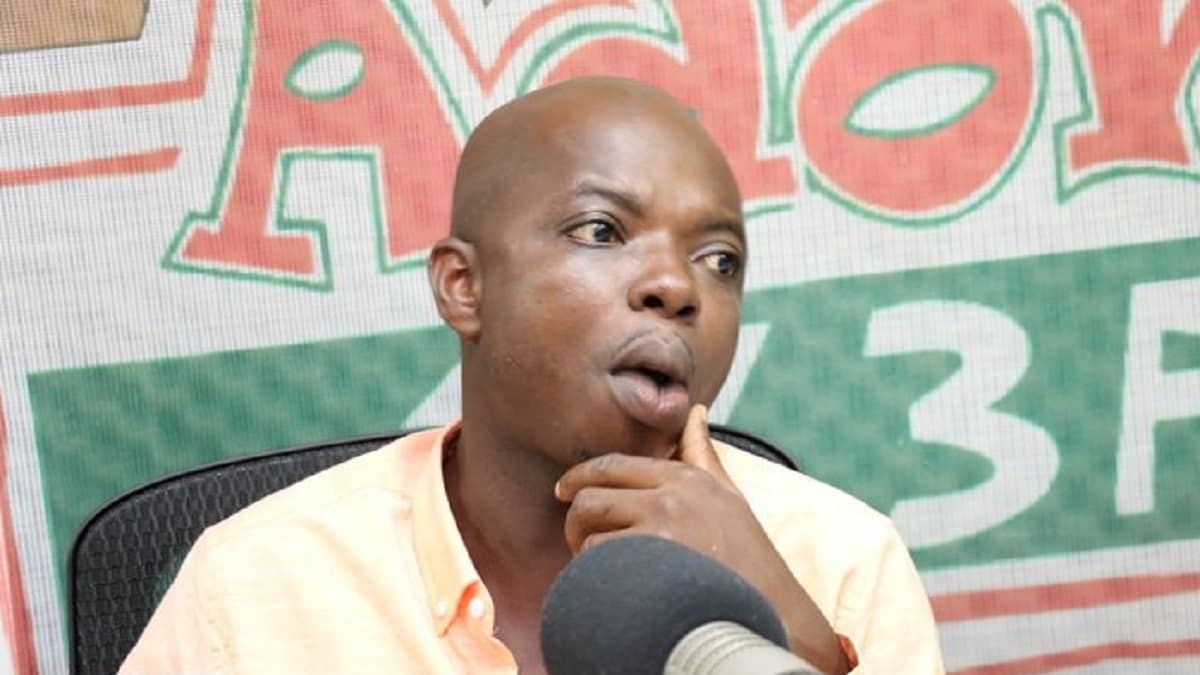
In a notable legal development, the High Court in Accra has issued an order for substituted service on Frank Annoh-Dompreh, the Member of Parliament for Nsawam-Adoagyiri. This directive comes in the wake of challenges encountered in serving court documents to the MP through conventional means, necessitating alternative methods to ensure he is duly informed of the ongoing legal proceedings.
Background of the Case
The legal proceedings involving Mr. Annoh-Dompreh stem from allegations of contempt of court. The MP was previously convicted for contempt by the High Court in Accra and fined GHS7,200. The conviction was a result of Mr. Annoh-Dompreh’s interference with court bailiffs and police officers during the execution of their duties concerning disputed lands. Despite this conviction, subsequent attempts to serve additional court documents to Mr. Annoh-Dompreh have proven unsuccessful, prompting the need for substituted service.
Understanding Substituted Service
Substituted service is a legal mechanism employed when traditional methods of serving court documents, such as personal delivery, are impracticable or have failed. This approach ensures that a defendant or respondent is made aware of legal actions against them, even if direct service is not feasible. Courts may permit alternative methods, including service by registered mail, email, or even through social media platforms, depending on the jurisdiction and specific circumstances. The primary objective is to reasonably ensure that the individual receives notice of the proceedings.
The Court’s Directive
In light of the difficulties faced in serving Mr. Annoh-Dompreh, the High Court granted an application for substituted service. This decision was based on evidence presented to the court demonstrating that personal service was impracticable. The court’s order permits the use of alternative methods to serve the legal documents, which may include:
- Publication in Newspapers: Placing notices in widely circulated newspapers to inform the MP of the legal proceedings.
- Electronic Means: Utilizing email or other digital platforms to deliver the documents.
- Posting on Premises: Affixing the documents at known addresses associated with Mr. Annoh-Dompreh.
The specific methods authorized will be detailed in the court’s order, ensuring they are tailored to effectively reach the MP.
Implications of the Order
The issuance of an order for substituted service carries significant legal implications:
- Ensuring Due Process: It upholds the principle that all parties in a legal dispute are adequately informed, allowing the case to proceed fairly.
- Preventing Evasion: It addresses situations where individuals may be deliberately avoiding service to stall legal proceedings.
- Setting a Precedent: This order may influence future cases where serving public officials or individuals proves challenging, highlighting the judiciary’s commitment to ensuring that legal processes are not easily circumvented.
Next Steps
Following the court’s directive, the legal team responsible for serving Mr. Annoh-Dompreh will proceed with the authorized methods of substituted service. Once service is effected, the MP will be expected to respond to the legal proceedings within the timeframe stipulated by the court. Failure to do so could result in the court making determinations in his absence, based on the merits of the case presented.
Conclusion
The High Court’s order for substituted service on Frank Annoh-Dompreh underscores the judiciary’s adaptability in ensuring that legal processes are upheld, even when traditional methods face obstacles. This development serves as a reminder of the legal obligations of individuals, including public officials, to engage with judicial proceedings and the mechanisms in place to enforce accountability within the legal framework.








